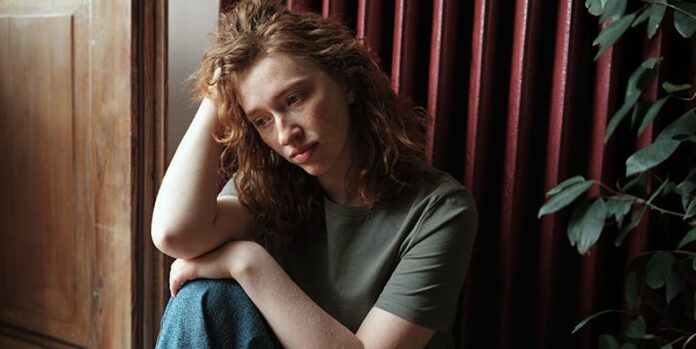Are people with bipolar truly responsible for their actions and behaviors when in a state of mania, depression, or psychosis?
Living with bipolar disorder is extremely difficult, especially when I watch the news or read online articles that leave me feeling irritable. Lately, I’ve been feeling disillusioned with the world — particularly with how the media often portrays people experiencing a mental health crisis. The coverage seems to focus almost exclusively on them being “out of control,” “violent,” or worse.
Time and again, I’ve watched news reports about someone with a mental health condition who has acted out violently. Often, there’s no concrete evidence that the person even has such a diagnosis. Yet, it’s implied simply because they’re labeled as “dangerous,” “scary,” or “violent.”
What It’s Like to Experience Bipolar Psychosis
I have bipolar 1 disorder, and I’ve experienced psychosis with both hallucinations and delusions.
I have to admit, during my psychotic break, I was more empathetic and kind than I’d ever been in my entire life. I remember giving away my savings to the poor and even giving my grandmother’s treasured diamond ring to a man in a wheelchair.
It breaks my heart when I hear of someone struggling with a mental health condition who has been violent. I urge people to understand that these tragedies often happen when people are left untreated, falling through the cracks of the mental health care system.
For example, mania has driven me into a frenzy where I wasn’t fully aware of the consequences of my actions. The feelings of being unstoppable, magnetic, and perfectly self-inflated were all-consuming and felt completely real.
Bipolar Mood Episodes and Taking Responsibility for Your Actions
I also empathize with people who experience mania and have cheated on their partner. It’s hard for others to understand that when you have bipolar disorder, your judgment can be more than just cloudy — it can feel entirely beyond your control. That kind of understanding often seems out of reach for those who haven’t lived it.
I think back to my psychotic break from so many years ago — something that can happen to anyone with bipolar disorder — and I reflect on the fine line between guilt and innocence.
RELATED: Expert Advice on Overcoming Guilt From Bipolar Mood Episodes
That said, I’ve been stable for more than two decades. I haven’t experienced a mental breakdown since dedicating myself to a treatment plan. I feel confident that I can now be trusted to take responsibility for my actions. But still, I wonder: Am I to be seen as unpredictable simply because I have bipolar disorder?
Understanding Accountability During Bipolar Mood Episodes
Too often, I think we skirt around the issue of consequences. Personally, I find it challenging to determine if someone is truly at fault for their actions when they are in the midst of a mood episode or mental health crisis.
During my psychotic break, I “saw” a globe of the earth before me, as vivid and real as if I could touch it. I also believed that mere coincidences were signs from God. In that state, I was not cognizant of or connected to the real world. I don’t believe I could — or should — have been held responsible for my actions during that time.
RELATED: 3 Secrets to Self-Forgiveness When You Have Bipolar
It’s a slippery slope, and nobody seems to want to talk about it. I hesitate to approach this topic because it’s difficult to draw a clear conclusion from my own questioning.
So, I ask you: Do you think people are truly responsible for their actions when they are not mentally aware of the impact that they are having on the real world? I’d love to hear your thoughts in the comments below.
UPDATED: Originally published March 4, 2016


